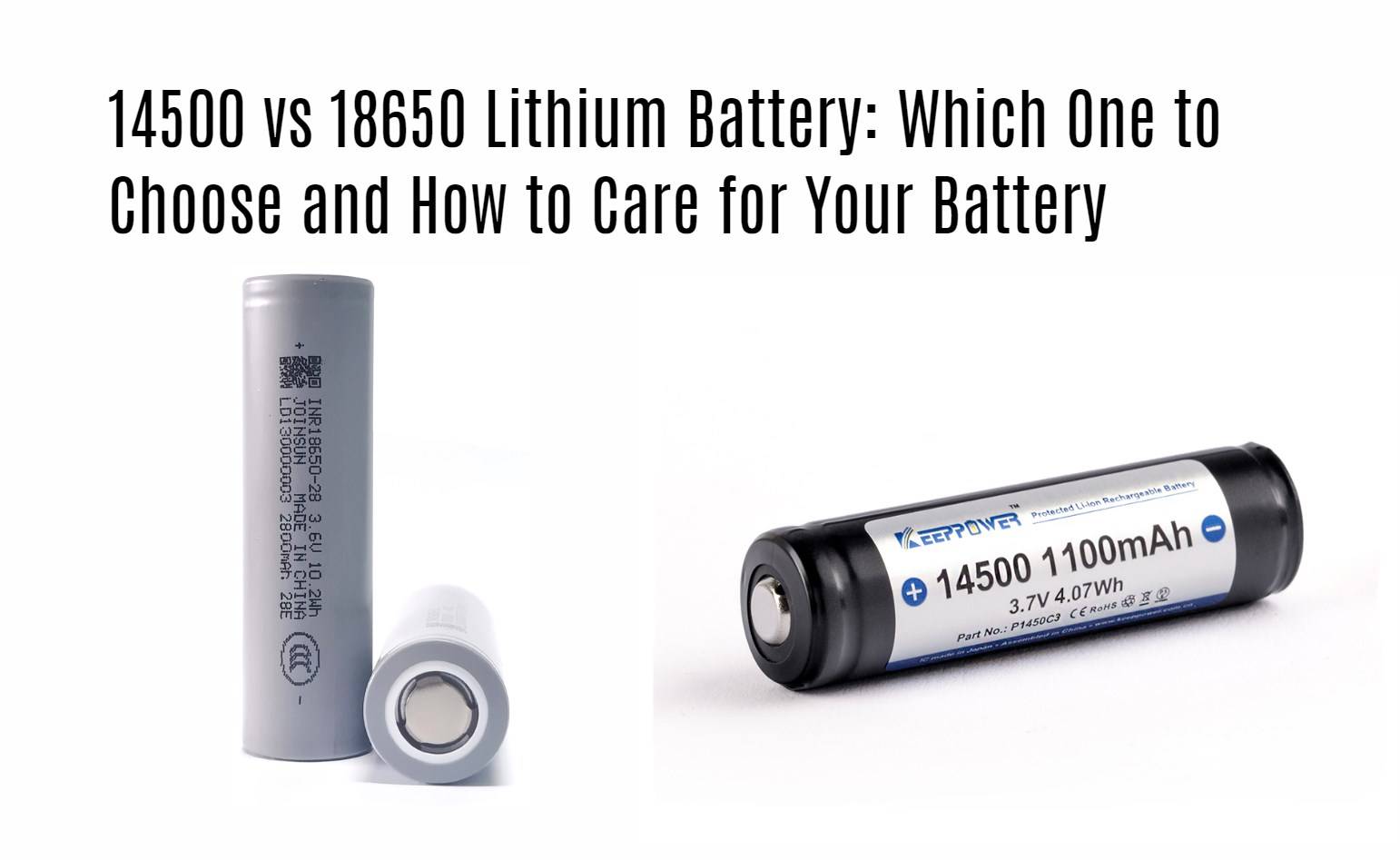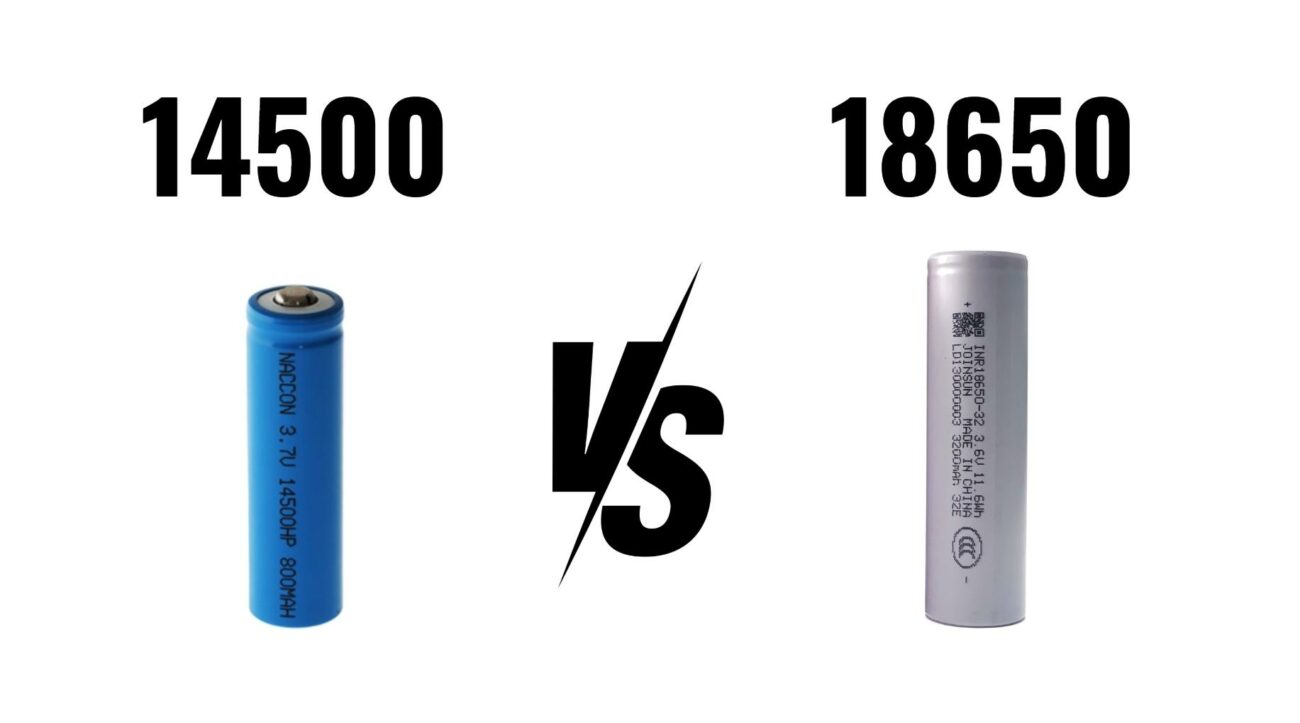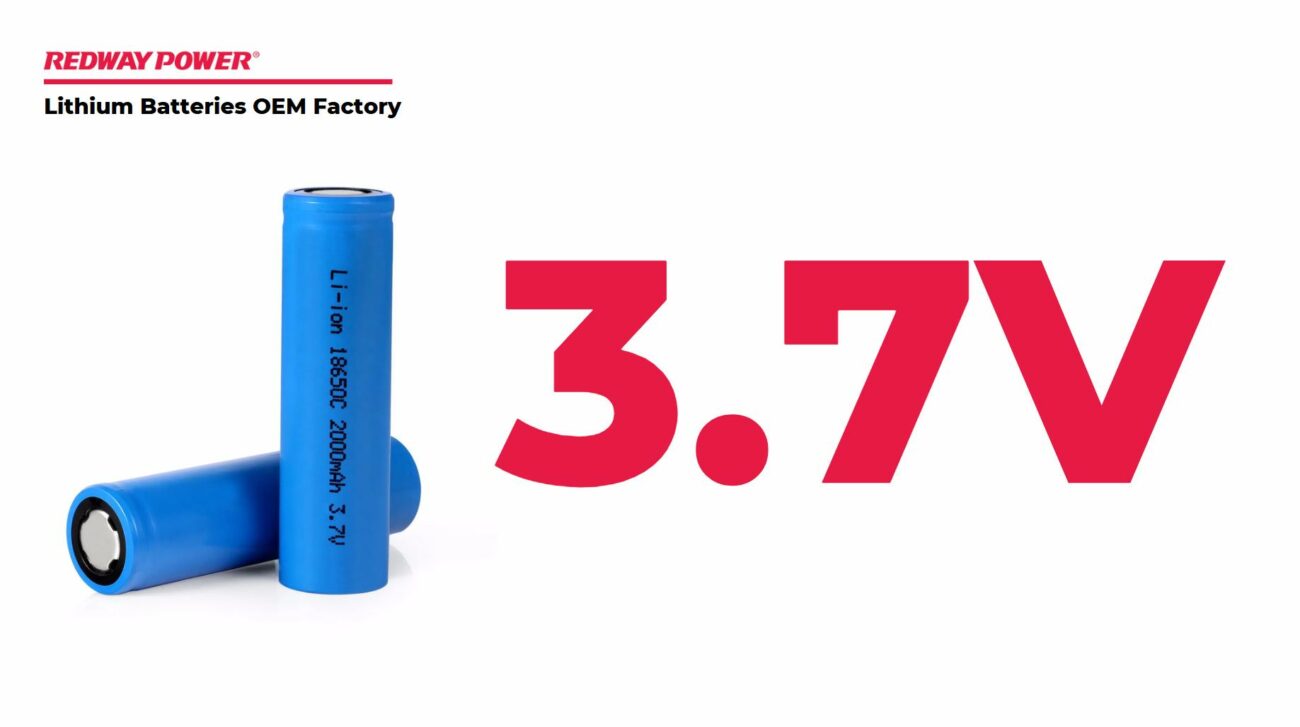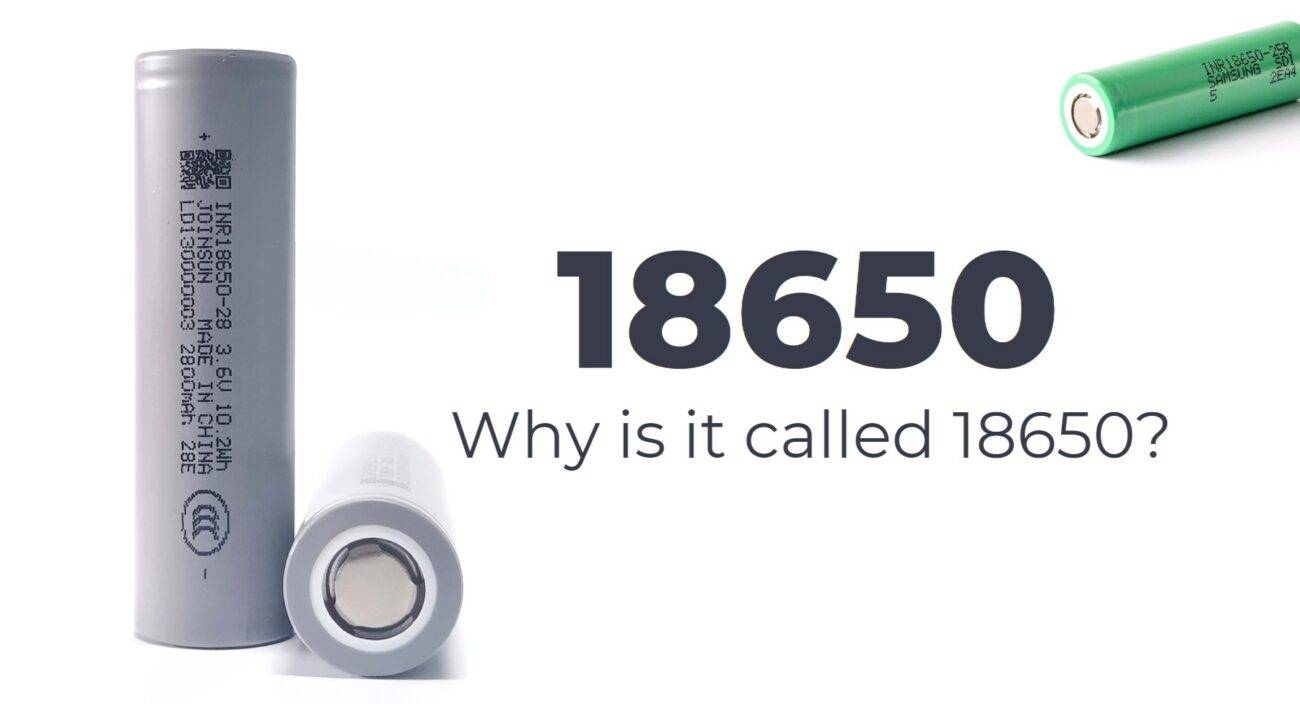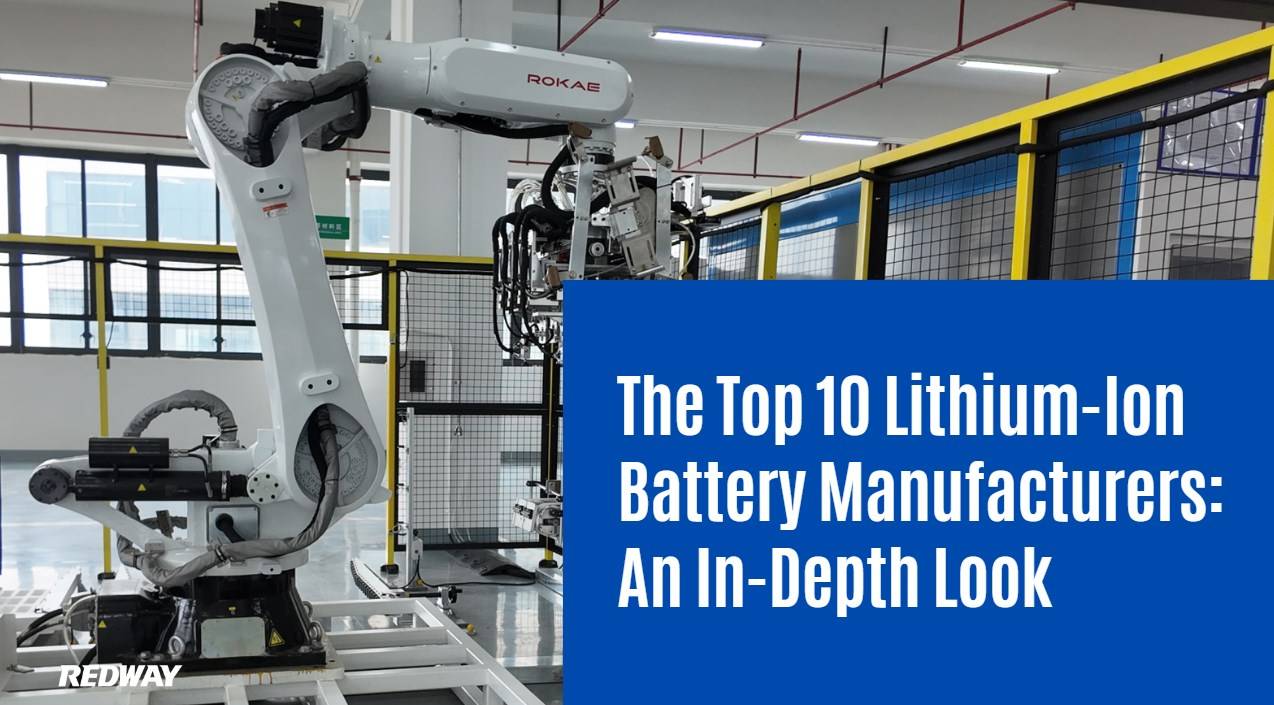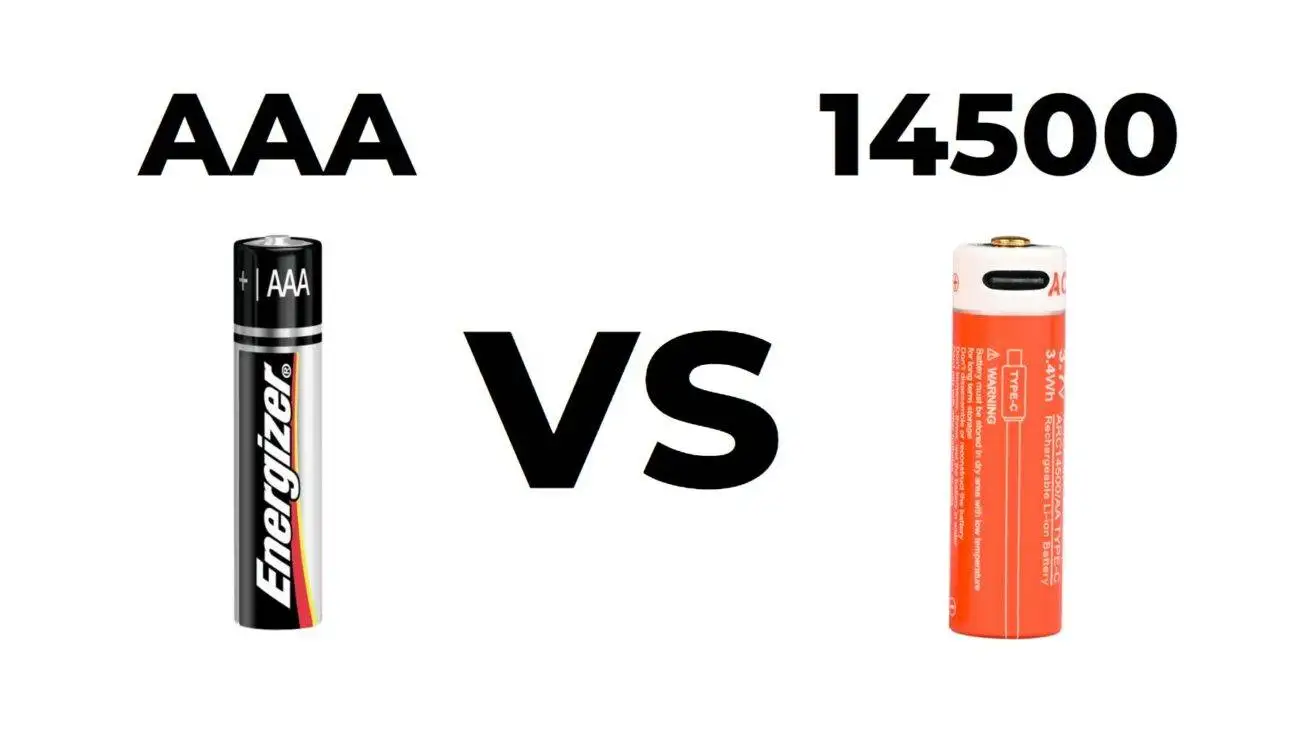In the realm of electronic devices, the shift from traditional batteries to lithium-ion batteries has been revolutionary. Lithium-ion batteries offer enhanced efficiency, prolonged lifespan, and heightened safety features. However, navigating through the plethora of options available in the market, particularly when comparing 14500 vs 18650 lithium batteries, can be perplexing. Fear not, as we embark on a journey to elucidate the disparities between these two prominent lithium-ion batteries and aid you in making an astute decision regarding your investment. Sit back, relax, and delve into the realm of lithium-ion batteries with us!
What are Lithium Batteries?
Lithium batteries represent a distinguished breed of batteries that employ either lithium metal or lithium compounds as an anode. Classified as primary batteries, lithium batteries cannot be recharged. Renowned for their high energy density and lightweight nature relative to batteries of equivalent voltage, lithium batteries find applications across diverse fields, encompassing electronic cigarettes, laptops, cell phones, and digital cameras.
Understanding the Difference: 14500 vs 18650 Lithium Batteries
At the crux of the comparison between 14500 and 18650 lithium batteries lie several differentiating factors. Foremost, the size discrepancy is conspicuous, with 14500 batteries being smaller and possessing lesser capacity in contrast to their 18650 counterparts. Furthermore, 18650 batteries tout a higher voltage capacity, thereby endowing them with the capability to furnish more power to devices necessitating substantial energy input. Additionally, 14500 batteries are predominantly employed in compact devices, whereas 18650 batteries find prevalence in larger gadgets such as laptops and power tools.
Which Battery Type Suits You Best?
In the vast landscape of batteries, an array of options beckons, each catering to distinct needs and preferences. To facilitate your decision-making process, let’s dissect some of the most prevalent battery types:
-
Lead-Acid Batteries: Ubiquitous in automobiles and various other vehicles, lead-acid batteries also find utility in backup power systems and industrial domains. Despite their robustness and resilience, lead-acid batteries exhibit substantial weight and necessitate periodic maintenance.
-
Lithium-Ion Batteries: A burgeoning technology, lithium-ion batteries are garnering increasing traction across multifarious applications. Distinguished by their lightweight nature and diminished maintenance requisites relative to lead-acid batteries, lithium-ion batteries may incur higher initial costs and potentially shorter lifespans.
-
Nickel-Cadmium Batteries: A stalwart in the battery realm, nickel-cadmium batteries boast strength and durability akin to lead-acid batteries, albeit with reduced maintenance needs. While nickel-cadmium batteries may entail a higher upfront investment, their protracted longevity mitigates the frequency of replacements.
Ultimately, the optimal battery type hinges upon a confluence of factors including your specific requirements and budgetary constraints.
Caring for Your Lithium Battery: Best Practices
Ensuring the longevity and optimal performance of your lithium battery necessitates adherence to prudent maintenance practices:
-
Storage Conditions: Store the battery in a cool, dry environment when not in use to mitigate the detrimental effects of extreme temperatures on battery lifespan.
-
Avoid Complete Discharge: Refrain from allowing the battery to deplete entirely before recharging, as this can compromise cell integrity and diminish overall capacity over time.
-
Prevent Overcharging: Exercise caution to avoid overcharging the battery; once it attains full charge, disconnect it from the charger promptly to forestall overcharging-induced damage.
-
Monitor Electrolyte Levels: For sealed batteries, vigilantly monitor electrolyte levels, replenishing with distilled water as necessary to maintain optimal levels.
Conclusion: Navigating the Terrain of Lithium Batteries
In summary, the decision between 14500 and 18650 lithium batteries necessitates meticulous consideration of size, capacity, and performance attributes. Armed with a comprehensive understanding of the disparities between these battery variants, you are empowered to make an informed selection tailored to your device or application requirements. Embrace the realm of lithium-ion batteries with confidence, knowing that your decision is fortified by discernment and insight.


